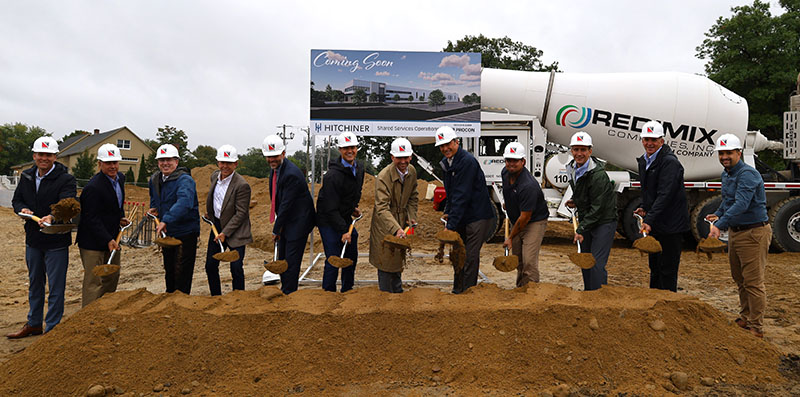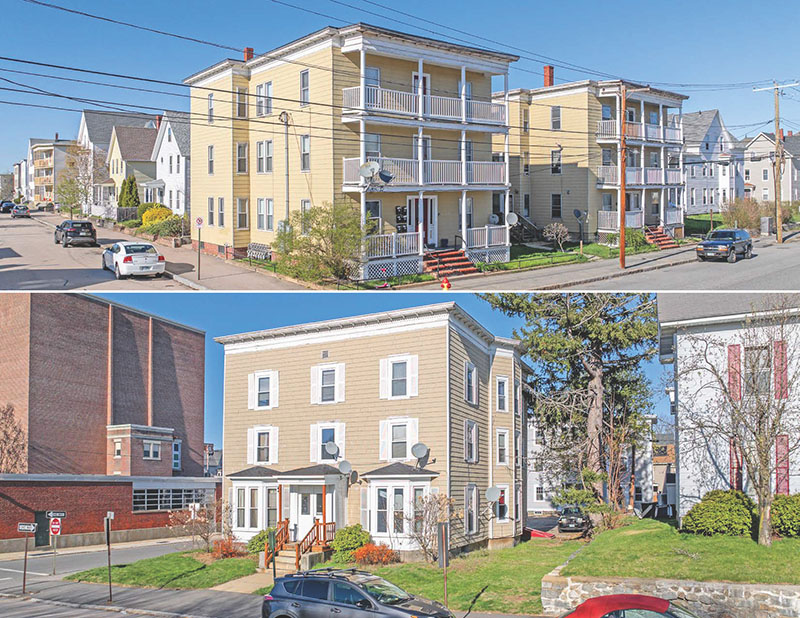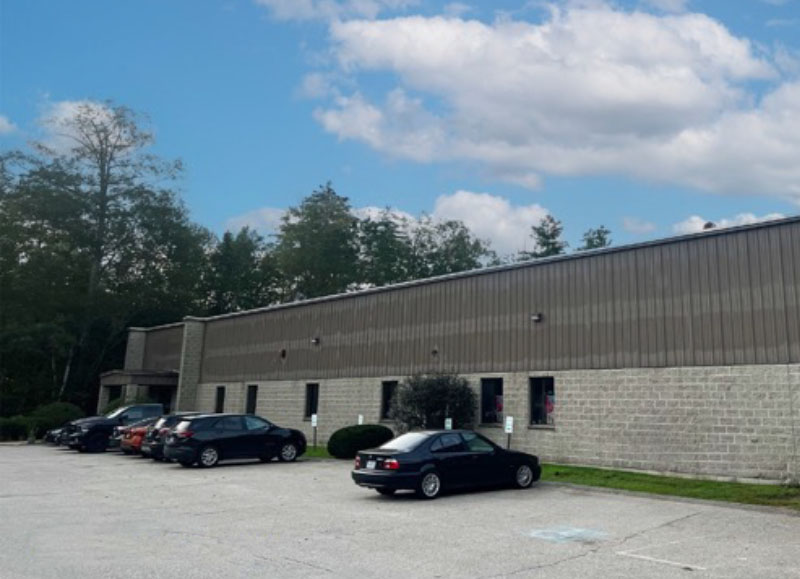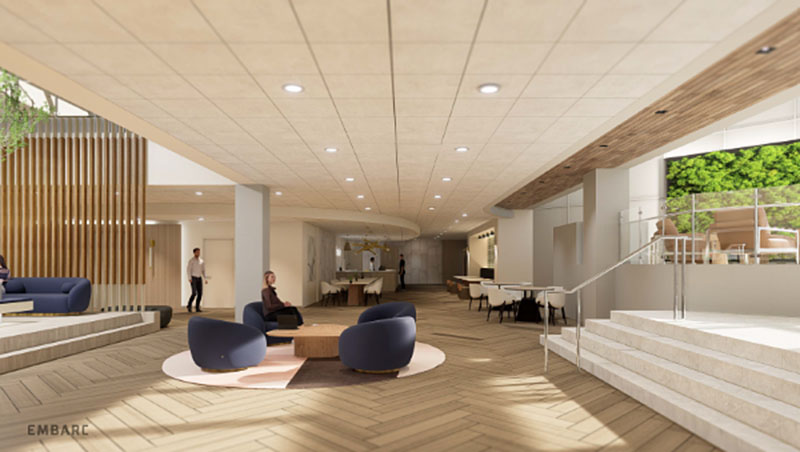News: Northern New England
Posted: July 2, 2015
Summer is upon us: The pace of commercial real estate activity in N.H. is moderately robust
Summer is upon us and folks are buying buildings because interest rates are still low and they simply cannot keep squeezing into too little space. However, the sellers of those buildings are most often downsizing, so the job count is pretty much balanced. While the Great Recession is officially over, for many small and medium-sized firms it is still a struggle to inch up revenues to meet or exceed the cost of compliance, payrolls and benefits (and rising energy costs). At a recent seminar on OSHA Compliance sponsored by the Greater Concord (N.H.) Chamber of Commerce, several small business owners said they were still struggling as sales come hard and getting work out the door (safely) is a daily challenge. The high-cost of energy in New England is another major concern. But at the end of the day, we all have to open our doors and conduct our daily business.
So, the pace of commercial real estate activity in New Hampshire is moderately robust, edging forward and still with plenty of good deals for users. We have a former medical clinic building under agreement for a charter school conversion to be sold for $34 per s/f. Of course, they will spend $50 per s/f retrofitting it. Still, it's well below new construction costs.
Another warehouse building is under agreement to an industrial engineering and maintenance firm at $58 per s/f, but it is in nearly move-in condition and fit' their space programs almost perfectly.
For investors, it is a different story. There is so little high quality leased property to meet the strong demand. We sold three medical office buildings to an institutional REIT for a cap rate just a smidge above 6%... they in fact, got favorable financing from Bank of America that allowed them to pick up an additional 1/3% of return on equity.
Since 2010, we have been saying in our annual forecasts - more of the same - steady as she goes. This is the sixth year, but we still do not see major changes on the horizon. Occupancy costs increase mostly due to rising real estate taxes and utility costs. But landlords are typically not making more, while new investors seem to be willing to accept less (and less...). At some point, the Fed is going to let up on the brakes and interest rates will pop. When? Who can say?
As summer comes upon us (it was nearly 100°F in Washington D.C. my daughter reported yesterday!). We are keeping our nose to the grindstone and sharpening our tools! Enjoy the summer, it is far too short in these northern climes.
Bill Norton, CRE, FRM, is president of Norton Asset Management, Manchester, N.H.
Tags:
Northern New England
MORE FROM Northern New England
PROCON and Hitchiner break ground on 57,000 s/f shared services operations facility
Milford, NH Hitchiner, in partnership with PROCON’s integrated design and construction team, has officially broken ground on a new 57,000 s/f shared services operations facility at its Elm St. campus. This building will house value-added services used across Hitchiner’s various business units,








